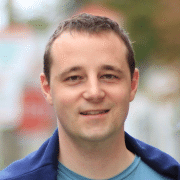Once again it’s a jolly exam season here at the University of Basel and I just read this press release for a forthcoming study in Psychological Science…
Internet Use in Class Tied to Lower Test Scores
“Researchers studied laptop use in an introductory psychology course and found that the average time students spent browsing the web for non-class-related purposes was 37 minutes. (…). And their academic performance seemed to suffer as a result. Internet use was a significant predictor of students’ final exam score even when their intelligence and motivation were taken into account.”
I wonder what we, as psychologists, will find next! Perhaps a nice follow-up could involve showing that students that failed to attend class or didn’t show up for the exam failed that course?!


